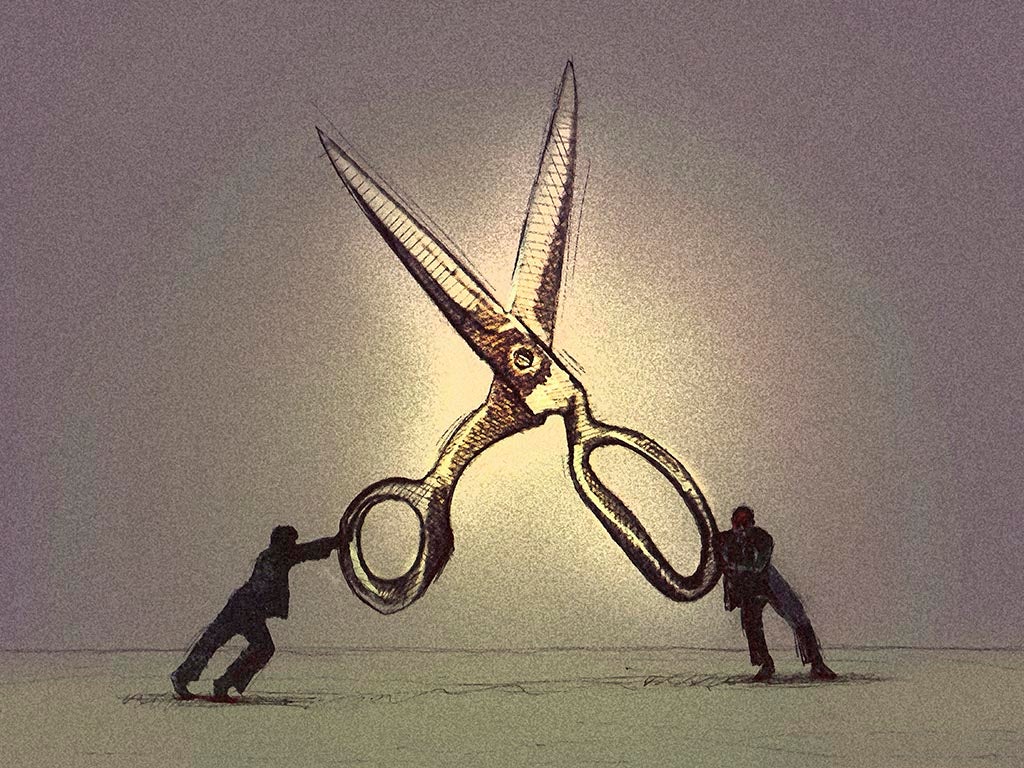The six leading theories on why we dream
Freud claimed that when you are asleep, your primal impulses gained the chance to express itself and that is what dreams are made of; our unsuppressed and unconscious desires and dreams

The science of dreaming has still not been fully explained. There are however a number of theories into why we drift off into a dream world:
1. The day today
Dreaming is an amalgamation of what we have seen in the passing day. Our brain has passed through so much information since its last sleep, dreaming is a way of it deciding what to keep and what to forget.
2. Emotions
Dreams could be tied to our emotions. If you’re feeling happy, you’ll have a more positive dream and if you’re stressed you may have a nightmare and so on. With less to think about at night, your brain processes slow down and your emotions come to the fore.
3. Emotions 2
Conversely, some believe that your dreams are usually the opposite of your emotions. If you’ve had a hard day for instance, you’ll have a happy dream to lift your spirits.
4. Completely random
Some say that rather than having any sort of function, dreams are just completely random impulses that happen while we’re asleep and aren’t meant to make any sense at all.
5. Memory reboot
You may have only briefly glanced at something while awake but when you’re asleep your brain will investigate it further.
6. Freudian dreams
Perhaps the most popular of all the theories were put forward by neurologist Sigmund Freud. The Austrian suggested that the human brain is divided into three parts:
Id: Our unconscious. Urges, desires, wishes and dreams.
Ego: The rational and moral part of the mind.
Superego: censors the id and enforces the morals of the ego.
Freud claimed that when you were awake, your id was suppressed but when asleep, your primal impulses gained the chance to express itself and that is what dreams are made of; our unsuppressed and unconscious desires and dreams.
Jodie Tyley is editor of How It Works Magazine. The latest issue is out now: Issue 77 ‘The Power of Magnetism’
Subscribe to Independent Premium to bookmark this article
Want to bookmark your favourite articles and stories to read or reference later? Start your Independent Premium subscription today.

Join our commenting forum
Join thought-provoking conversations, follow other Independent readers and see their replies